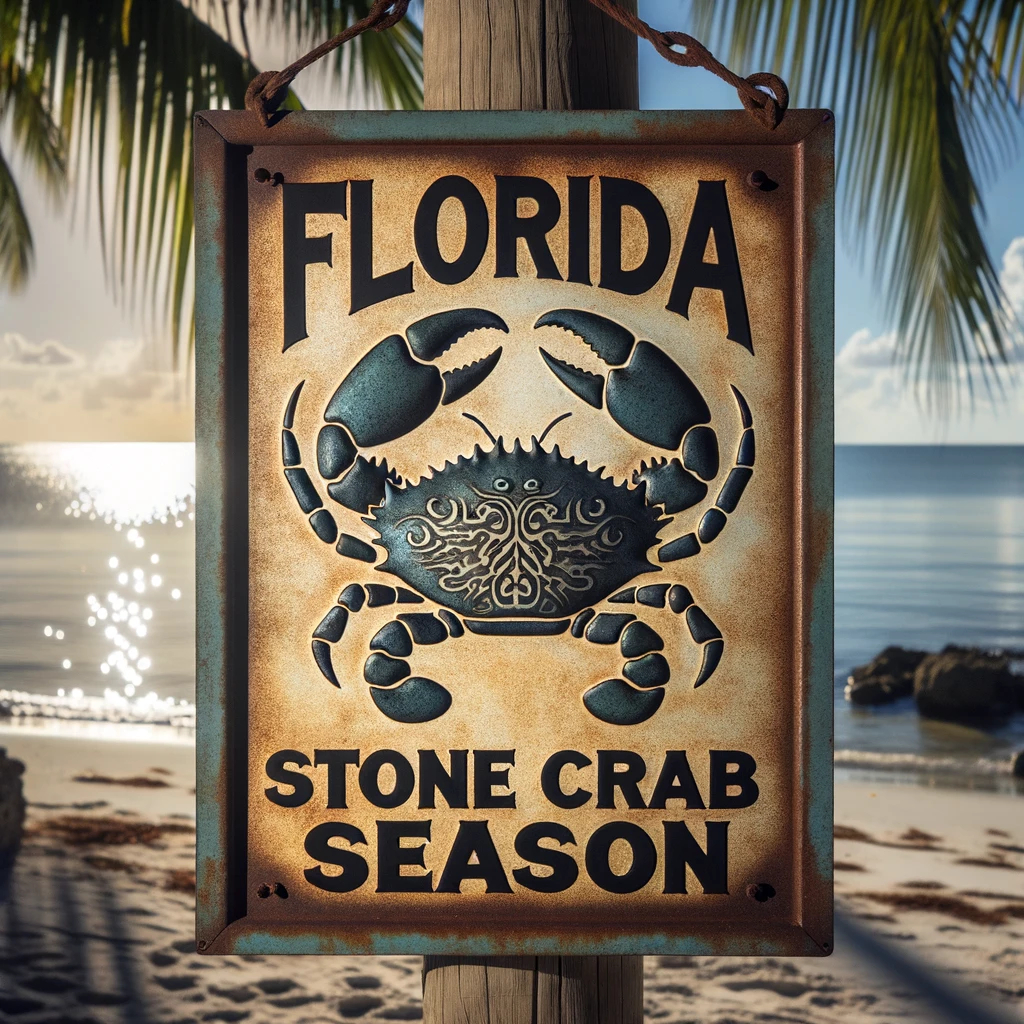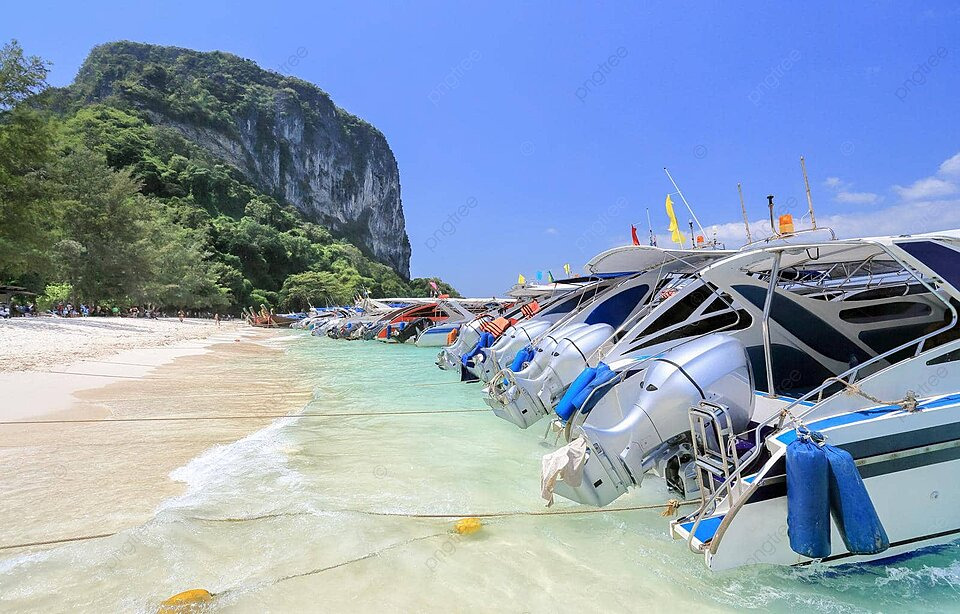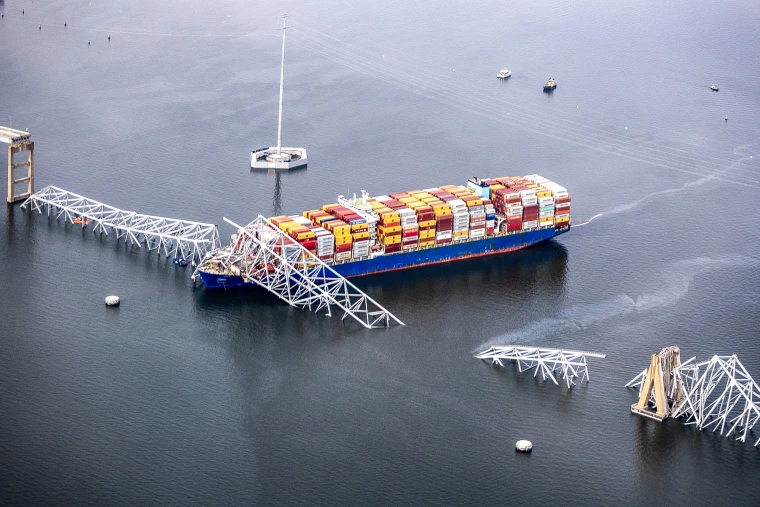Boat Values: A Comprehensive Guide to Evaluating Your Vessel
Understanding the value of a boat is crucial whether you are buying, selling, or simply curious about your boat's worth.
Accurate boat values are determined by various factors including make, model, age, and location.
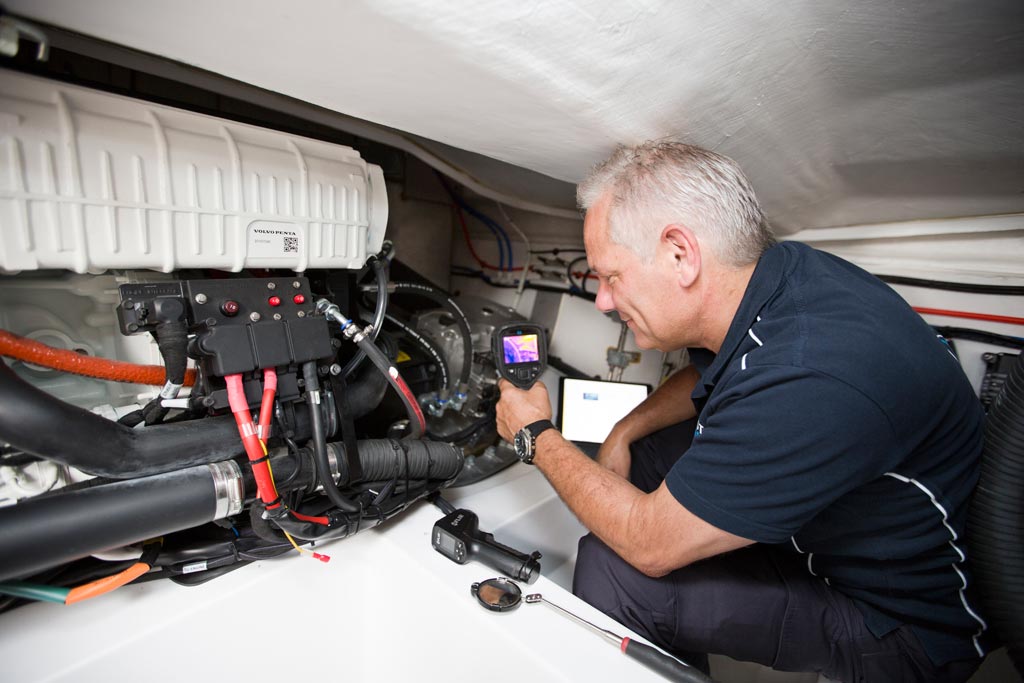
Websites like NADA Guides and J.D. Power provide reliable market data and valuation tools, which can help you find the fair market value of a boat.
Knowing the current market trends and price fluctuations can also benefit boat owners and buyers.
Tools like the Boat Price Checker from Boat Trader offer real-time market insights, helping individuals make well-informed decisions.
Additionally, platforms like BOATVALUE® offer instant pricing and even cash offers from accredited buyers, making the process smoother.
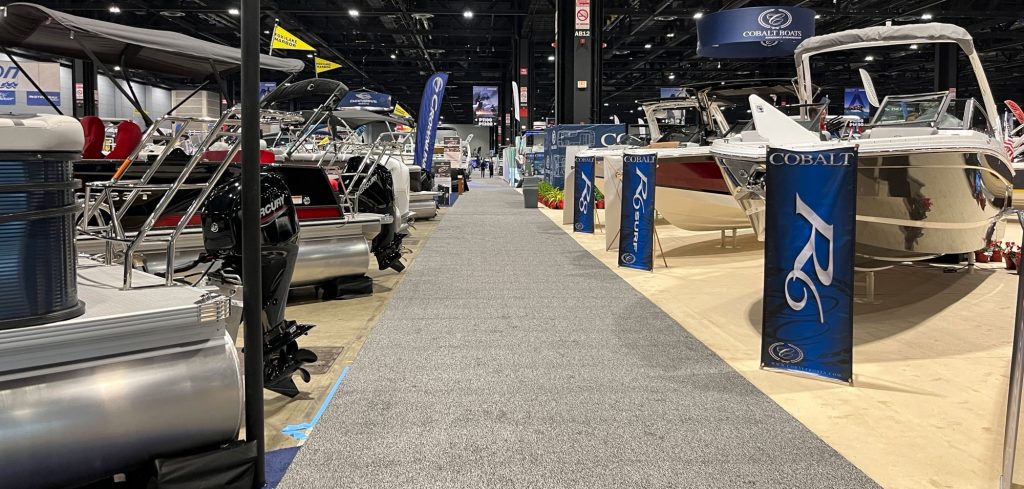
For those new to boat valuation, these resources can be invaluable. They not only provide pricing information but also guide you through the buying and selling process.
Unlocking a boat's value involves understanding the market and using the right tools to get an accurate assessment.
Key Takeaways
- Accurate boat values depend on factors like make, model, age, and location.
- Real-time data and tools such as the Boat Price Checker enhance decision-making.
- Trusted platforms provide market insights and smooth buying or selling processes.
Understanding Boat Values
Boat values are influenced by several factors, including age, condition, make, and model.
Depreciation plays a crucial role, particularly as boats age.
Comparing new and used boat values can help make informed purchasing decisions.
Factors Influencing Boat Value
Several factors determine a boat’s value. These include:
- Age: Older boats typically have lower values.
- Condition: Well-maintained boats fetch higher prices. Damage or wear lowers value.
- Make and Model: Popular brands and models hold value better.
- Size and Length: Larger boats are usually more expensive.
- Equipment and Features: High-end features and modern equipment increase value.
- Market Demand: High demand can drive up prices.
- Location: Values may vary based on the boating season and local market.

Depreciation and Boat Age
Depreciation affects boat values over time.
Newer boats lose value quickly in the first few years. On average, a new boat can lose 15-25% of its value in the first year. After five years, the rate of depreciation slows down.
Key Points:
- Newer boats depreciate faster.
- After five years, value stabilizes somewhat.
- Routine maintenance can slow depreciation.

Comparing New and Used Boat Values
When choosing between new and used boats, it's essential to compare their values.
- Higher initial cost.
- Warranty and latest features.
- Rapid depreciation in the first years.
- Lower purchase price.
- Previous depreciation taken into account.
- May require additional maintenance or repairs.
Using tools like NADA Guides and Boat Trader’s Price Checker can help assess accurate market values for both new and used boats.
These tools consider factors like make, model, year, and location to provide a realistic price range.
Sources for Boat Valuation
When looking for boat values, it's essential to consult reliable sources. These include well-known guides and online tools that provide accurate market valuations and price ranges based on various boat models and years.
NADA Guides
NADA Guides has been a trusted source for boat valuations for many years.
NADA was purchased by J.D. Powers in 2015 and is a comprehensive resource for vehicle listings, which includes boats. It offers blue-book type specifications and boat pricing information.
Users can search by make, model, year, and other details to get an accurate value.
It covers a wide variety of boats, from personal watercraft to large yachts. The data is regularly updated, ensuring that the values reflect current market conditions.

ABOS Marine Blue Book
The ABOS Marine Blue Book is another long-standing resource for boat values.
This guide is known for its thorough and detailed listings. It provides market values for new and used boats, helping buyers and sellers make informed decisions.
ABOS includes information on many different types of boats. It is available in both printed and online formats, making it accessible to a wide audience. With detailed listings, it serves as a crucial tool for anyone looking to buy or sell a boat.
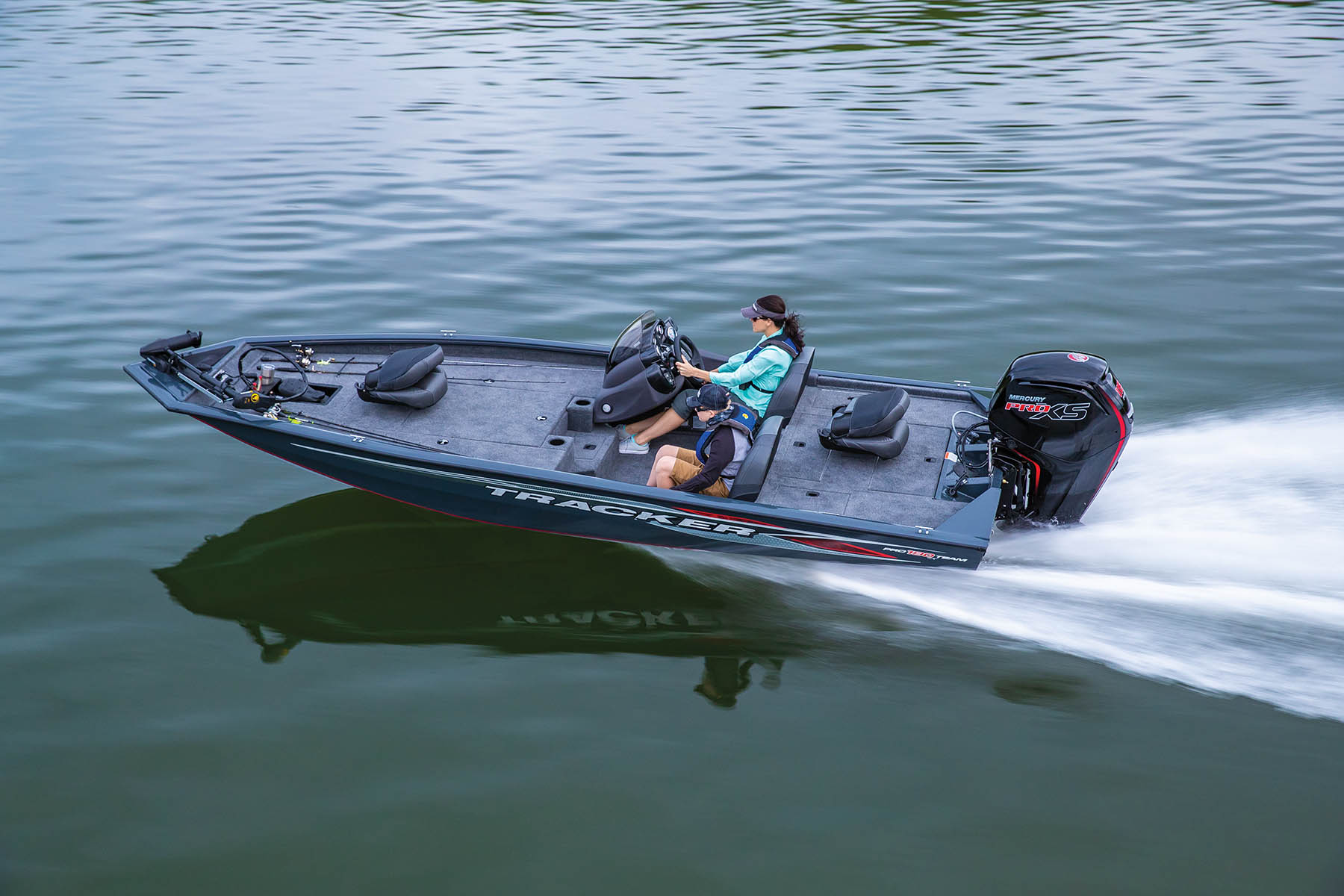
Boats.com Pricing Tool
Boats.com offers a pricing tool that helps users determine the value of their boats.
This tool uses data from various sales and active listings to provide a price range.
It's user-friendly and allows people to search by entering specific details like make, model, and year.
The tool offers both a low and high price range, giving a comprehensive view of the market. This makes it easier for users to understand where their boat stands in terms of value.

Boat Trader and Dealers
Boat Trader is a popular marketplace for buying and selling boats.
It includes a price checker tool that analyzes current listings and sold boat data. Users can compare their boats' values with similar models to get a realistic market valuation.
Local dealers also play an essential role in boat valuation.
They offer expert opinions based on years of experience and familiarity with market trends.
Visiting a dealer can provide a hands-on assessment of a boat's value, often leading to a more personalized and accurate valuation process.
Practical Steps for Valuing a Boat
Determining the value of a boat involves several key steps, including market research, using online valuation tools, inspecting the boat in person, and consulting with industry experts.
Conducting Research
To start, you need to research the local market. Look for boats similar to yours in age, size, and condition.
Check local listings, online classifieds, and nearby dealerships. Pay attention to the asking prices and any completed sales.
Some useful places to gather this information include:
- Boat Trader
- Craigslist
- Local boat dealerships
Keep in mind that factors such as the boat’s model, year, and rigging can affect its value. Write down these details to compare them later.
Utilizing Online Valuation Tools
Online tools can help speed up the valuation process.
Websites like Boat Trader offer price checkers where you input details of your boat such as the make, model, year, and location.
These tools generally provide:
- Low, average, and high price ranges
- Instant valuations based on active listings
- Market comparisons to similar boats
Make use of multiple tools for a more accurate valuation. Popular platforms include boats.com and the NADA Guides.
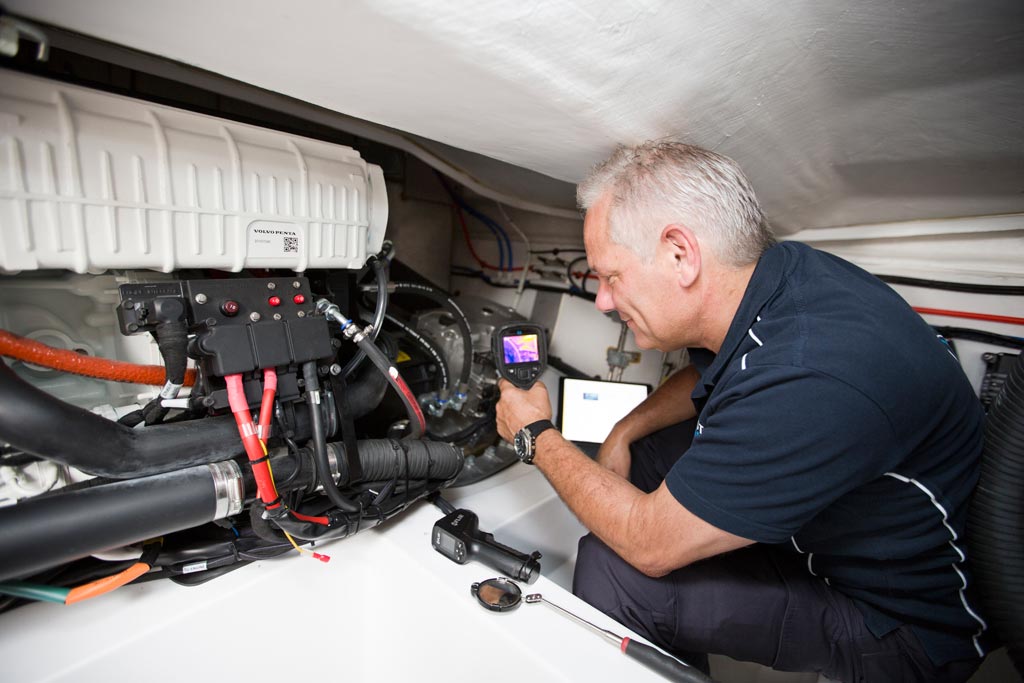
Evaluating the Boat In-Person
An in-person evaluation is crucial.
Inspect the boat’s exterior and interior condition. Look for any signs of wear and tear, damage, or necessary repairs.
Evaluate the engine, rigging, and electronics for functionality.
Take note of the following:
- Exterior cosmetics (paint, hull)
- Interior condition (seating, flooring)
- Mechanical condition (engine, systems)
Document any issues or repairs needed, as these can affect the boat’s value significantly.

Consulting with Industry Experts
Lastly, consult with industry experts for a professional appraisal.
Marine surveyors or boat brokers have the knowledge to give an accurate assessment.
Experts can offer:
- Detailed appraisals
- Market insights
- Advice on ideal selling prices
Types of Boats and Pricing Variances
Boat pricing can greatly vary based on the type of vessel, its condition, and its use. Different categories like sailboats, power boats, and fishing boats each have unique pricing factors.
Sailboats and Yachts
Sailboats and yachts are often considered luxury items.
Sailboats can range widely in price, from smaller models costing a few thousand dollars to larger, more complex vessels priced in the hundreds of thousands.
Yachts, on the other hand, can reach prices in the millions.
Key factors in the pricing include the size, age, and build quality.
Custom-built yachts often command higher prices due to specialized features and customizations.
Maintenance history and brand reputation also play significant roles in determining value.
Power Boats and Personal Watercraft
Power boats provide a broad spectrum of pricing.
Smaller powerboats, often used for day cruising, might cost between $10,000 and $50,000.
High-performance powerboats capable of racing or long-distance travel can easily exceed $100,000.
Personal watercraft like jet skis generally range from $5,000 to $20,000.
Factors like engine power, brand, and features such as navigation systems and comfort amenities impact the cost.
Newer models tend to cost more, but well-maintained used boats can offer significant savings.

Fishing Boats and Specialty Vessels
Fishing boats vary based on their intended use.
Small bass boats might be priced as low as $10,000, while larger offshore fishing boats can reach $200,000 or more.
Specialty vessels, like those used for specific water sports or commercial purposes, have unique pricing structures.
For example, boats for wakeboarding or waterskiing might cost between $30,000 and $100,000 depending on their features.
Commercial vessels used for charters or transport can have even higher price tags due to their durability and industry-specific equipment.
Additional Costs and Boat Ownership
Owning a boat involves more than just the initial purchase price.
There are various additional costs to consider, including transportation, insurance, and routine maintenance.
It's important to understand these financial obligations to ensure a smooth and enjoyable boat ownership experience.
Trailers and Transportation
To transport a boat, a trailer is often necessary.
Boat trailers vary in cost depending on size and type.
For a small boat, a trailer might cost around $1,500, while larger trailers can exceed $4,000.
The cost also includes registration and maintenance of the trailer itself.
Transportation fees add another layer of expense.
Hauling a boat to a dock or storage facility can cost between $2 and $4 per mile.
Regular use may require a sturdy vehicle with towing capacity, adding potential vehicle maintenance costs.
Boat Insurance and Loans
Boat insurance is essential to protect against unforeseen events like accidents or theft.
Insurance premiums typically range from 1% to 5% of the boat's value annually.
Factors influencing cost include boat type, usage, and location. Coverage should include liability, damage, and comprehensive protection.
Boat loans are another expense for many buyers.
Interest rates can vary, but boat loan payments usually last 10 to 15 years.
It's crucial to factor in both the monthly payments and the total interest paid over time when budgeting for boat ownership.
Maintenance and Upkeep
Maintenance is a significant part of owning a boat.
Maintenance costs can range from $1,000 to $3,000 annually for a typical boat.
This includes regular engine checks, hull cleaning, and winterization.
Outboard motors require specific upkeep.
Regular oil changes, fuel filter replacements, and inspections are necessary to keep the motor running smoothly.
The cost for maintaining an outboard motor can range from $100 to $300 per year.
Having a maintenance schedule can help plan and budget for these expenses.
The better care taken, the longer the boat will last, helping avoid costly repairs down the line.
The Process of Buying and Selling Boats
Buying and selling boats requires careful planning, pricing, and negotiation to ensure a smooth transaction.
Knowing how to set the right price, negotiate effectively, and complete the necessary documentation is key.
Setting the Ideal Selling Price
Determining the ideal selling price for a boat includes researching market trends and understanding the value of similar boats for sale.
Sellers can use tools like the NADA Boat Value Guide, which is similar to the Blue Book for cars. The guide factors in make, model, year, and condition.
Online resources like Boat Trader and boats.com also provide valuable pricing information.
It's important to consider any upgrades or repairs made to the boat.
A professional survey can help determine an accurate value, especially for higher-priced boats.
Setting a competitive price attracts serious buyers and avoids overpricing, which can lead to prolonged selling times.
Negotiating the Sale
Negotiation begins after setting a fair price.
Sellers should be prepared to answer questions about the boat's condition, history, and any recent maintenance.
Providing clear, honest information builds trust with potential boat buyers.
Offering a sea trial allows the buyer to experience the boat in action, further solidifying their interest.
Being flexible with the sales price can help close the deal, but sellers should know their lowest acceptable price.
Both parties should aim for a mutually beneficial agreement without feeling pressured to overpay or undersell.
Sales Transactions and Documentation
Once a price is agreed upon, the sales transaction needs to be formalized with proper documentation.
Essential documents include a bill of sale, title, and any maintenance records.
This paperwork ensures legal transfer of ownership and can prevent future disputes.
Documentation should be clear and complete. The seller should also include registration and any warranties still in effect.
In some cases, hiring a broker or using online platforms like boats.com can streamline the process.
Ensuring all paperwork is carefully handled can make the final steps of buying and selling boats straightforward and stress-free.
Advanced Valuation Concepts
Understanding advanced valuation concepts can help boat owners and buyers better gauge the actual market value of their vessels.
By focusing on market trends and the unique traits of custom or rare boats, one can make more informed decisions.
Market Trends and Forecasts
Market trends impact boat values significantly.
Economic factors, such as fuel prices and disposable income, often drive demand for both new and pre-owned vessels.
Seasonal trends also play a vital role; boat prices usually peak in spring and summer when demand is highest.
Manufacturers may release new models, which can cause depreciation in older ones.
Additionally, technological advancements can make newer models more appealing, affecting the resale value of prior versions.
Analyzing these trends helps buyers and sellers understand the boat's current and potential future value.
Valuation for Custom and Rare Boats
Custom and rare boats present unique valuation challenges.
Traditional methods might not accurately reflect their worth due to limited comparable models.
Factors like bespoke designs, unique features, and modification quality play crucial roles in these cases.
Boat appraisals often require expert evaluation to ensure custom elements are accounted for properly.
Sellers should consider professional appraisals that take into account the boat's distinct features.
On the other hand, buyers should look into the rarity and craftsmanship, which might justify a higher price despite what general valuation tools might suggest.
Frequently Asked Questions
Determining the value of a boat involves various factors, such as its age, condition, and market demand. Different resources can help you find these values, especially for specific types of boats like powerboats and pontoon boats.
How can I determine the market value of a used boat?
To determine the market value of a used boat, start by checking resources like the NADA Guides and J.D. Power.
These guides consider age, condition, and market trends. Comparing similar boats for sale in your area can also provide insight into local market values.
What resources are available for finding the value of a powerboat?
For powerboat valuation, consider using NADA Guides and J.D. Power.
These sources offer detailed information on many makes and models. Online marketplaces where boats are bought and sold can also be helpful to see real-life pricing for similar powerboats.
How do boat values depreciate over time?
Boat values typically depreciate at a fairly steady rate, with the most significant drop within the first few years.
After around five years, the depreciation rate often slows down. Factors like maintenance, upgrades, and market demand can influence the depreciation rate as well.
Where can I find pontoon boat valuation information?
Pontoon boat values can be found in sources like the NADA Guides and J.D. Power.
Checking listings on boating websites for similar models can also help. The condition, upgrades, and age of the pontoon boat will significantly affect its current market value.
What factors influence the actual cash value of a boat?
The actual cash value of a boat is influenced by its age, make, model, and condition.
Factors such as maintenance history, engine hours, and market demand also play a role. Seasonal fluctuations and regional popularity can further impact the boat's cash value.
How is the Blue Book value of a boat calculated?
The Blue Book value of a boat is calculated using data on retail prices, depreciation, and market trends.
Factors such as the boat's condition, mileage, and additional features are also considered. This value serves as a guideline for buyers and sellers in setting fair prices.
Charlie is Editor-in-Chief of Sea Magazine



